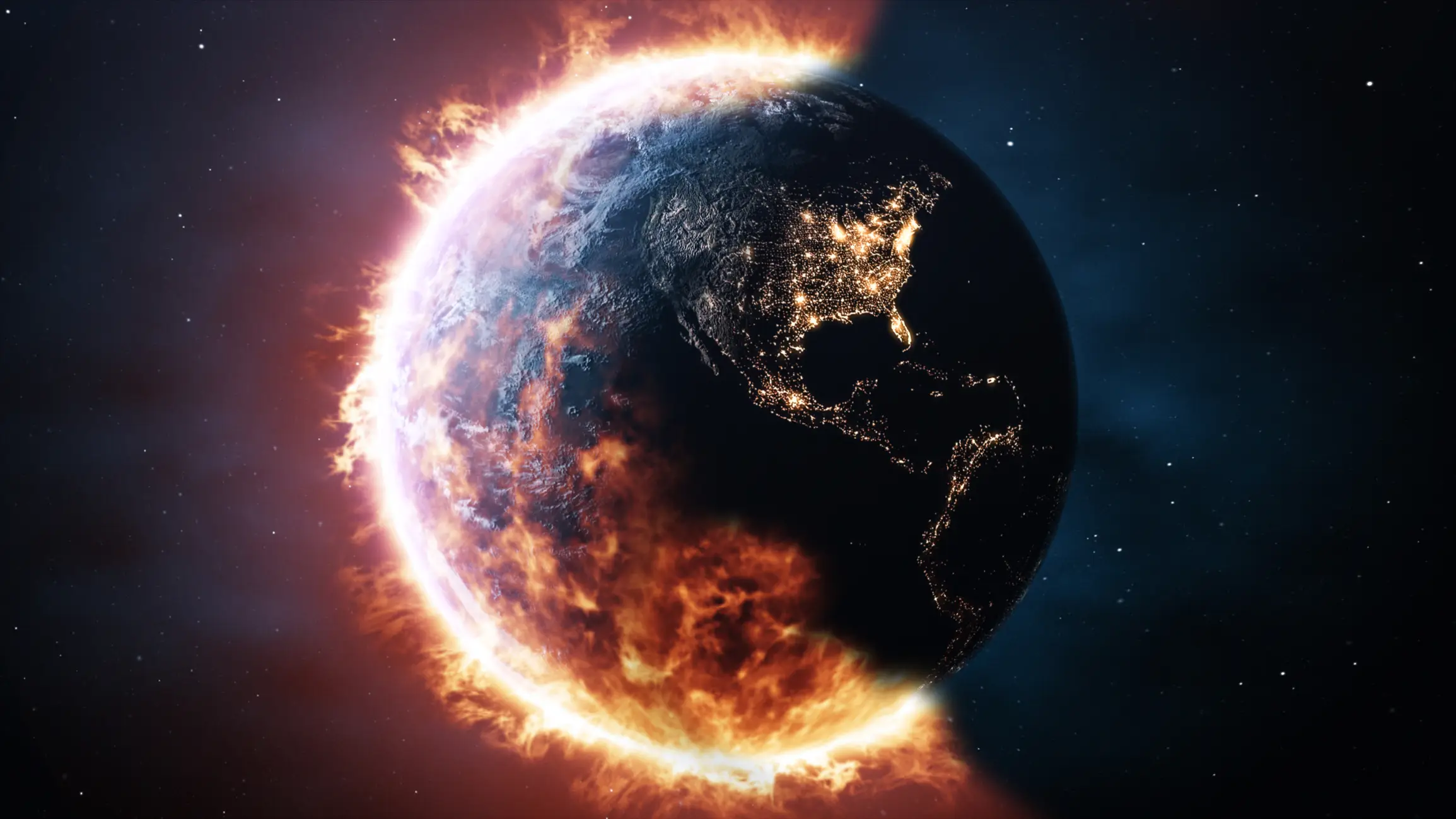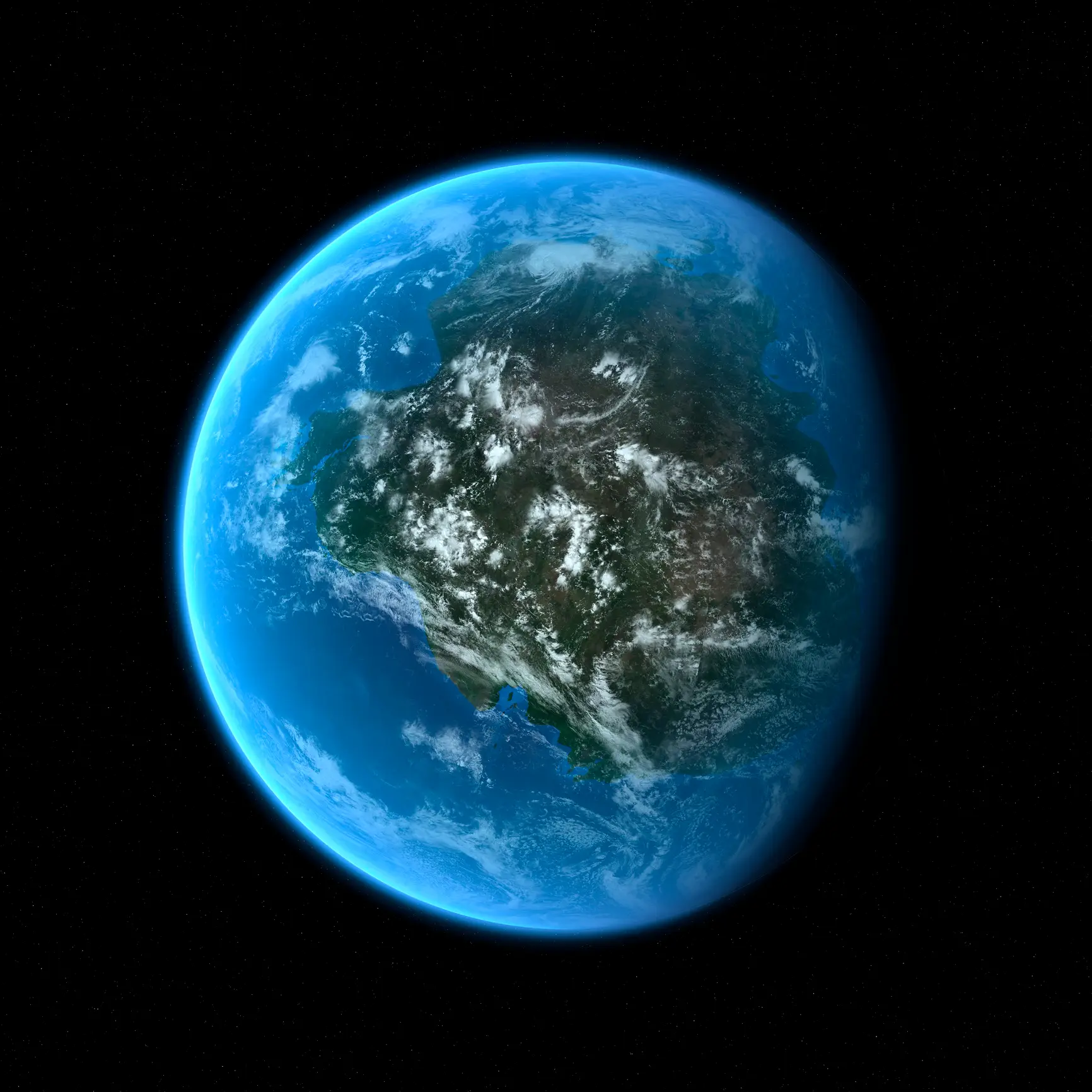
A supercomputer has made a worrying prediction for how long humans will survive.
The computer has predicted when humans will no longer be able to survive on Earth, thanks to a new study.
The research was conducted at the University of Bristol in the UK where experts used a simulation to work out what the future might look like on our planet.

Advert
Although, we shouldn’t panic just yet, we still have millions of years left on Earth, meaning we’ll all be long gone before this becomes a problem.
According to results from the supercomputer, global warming will increase to extreme levels, forcing the continents to rejoin together, creating a new supercontinent known as Pangea Ultima.
In the era of Pangea Ultima, the Earth will be very hot and dry and it’s likely that there will be frequent volcanic eruptions.
The heat will result in the mass extinction of many species which will include humans and mammals.
And the simulation predicts that this will happen in around 250 million years from now.
Dr Alexander Farnsworth, who is the lead author of the study and a senior research associate at the University of Bristol, said: “The newly-emerged supercontinent would effectively create a triple whammy, comprising the continentality effect, hotter sun and more CO2 in the atmosphere, of increasing heat for much of the planet.
“The result is a mostly hostile environment devoid of food and water sources for mammals.

“Widespread temperatures of between 40 to 50 degrees celsius (104 to 122 degrees fahrenheit), and even greater daily extremes, compounded by high humidity levels, would ultimately seal our fate. Humans and many other species would expire due to their inability to shed this heat through sweat, cooling their bodies.”
Dr Eunice Lo, a research fellow in Climate Change and Health at the University of Bristol, added: “It is critical not to lose focus on our current Climate Crisis, which stems from human emissions of greenhouse gases. Although we foresee an uninhabitable planet in 250 million years, we have already witnessed extreme heat that adversely impacts human health.
“This underscores the urgency of achieving net-zero emissions as soon as possible.”
It certainly looks like climate change is taking a toll on our planet after 2024 became the hottest year ever on record.
Scientists fear that if we don’t get control of the increasing global warming levels, then we might start to experience the effects of extreme weather much sooner than the simulation has predicted.